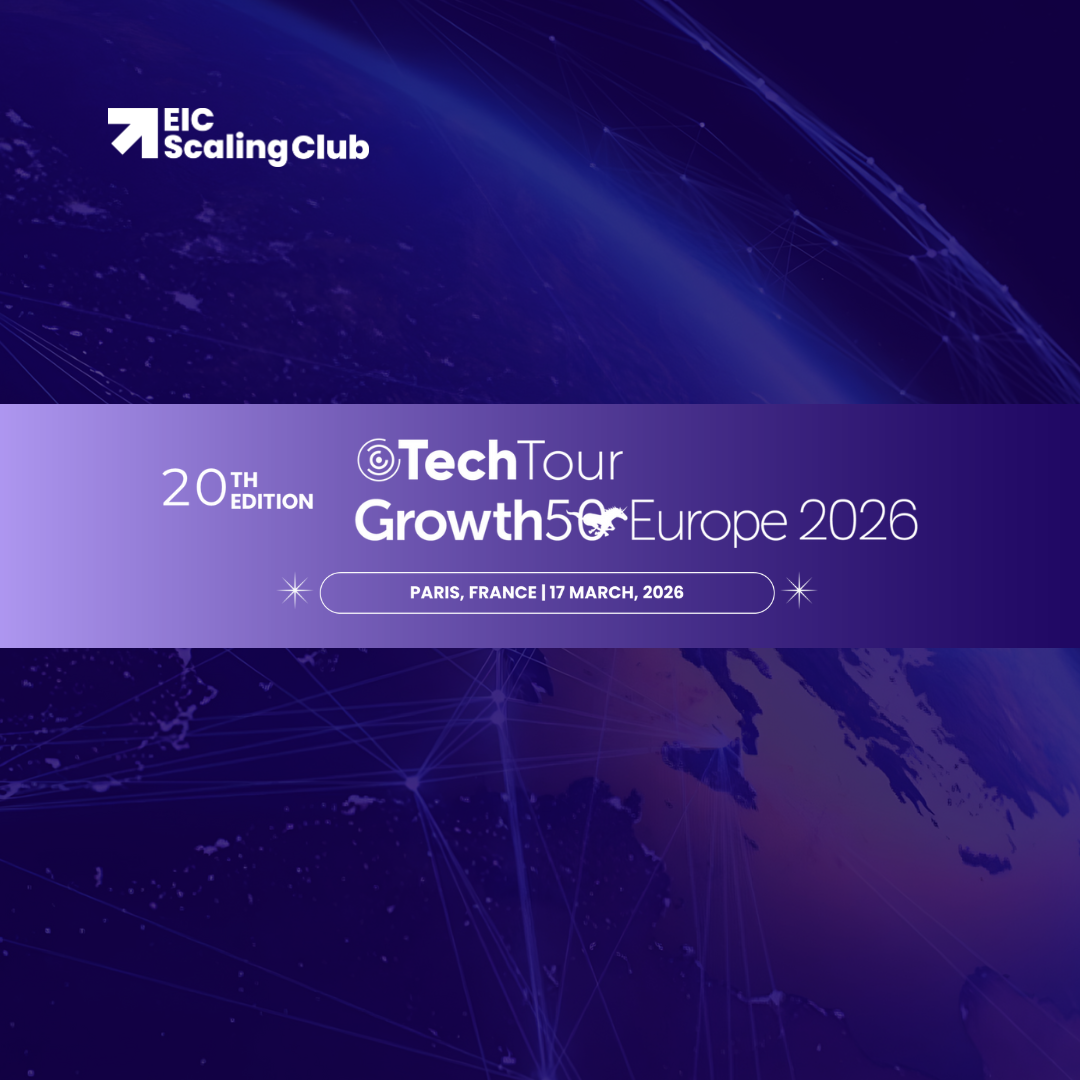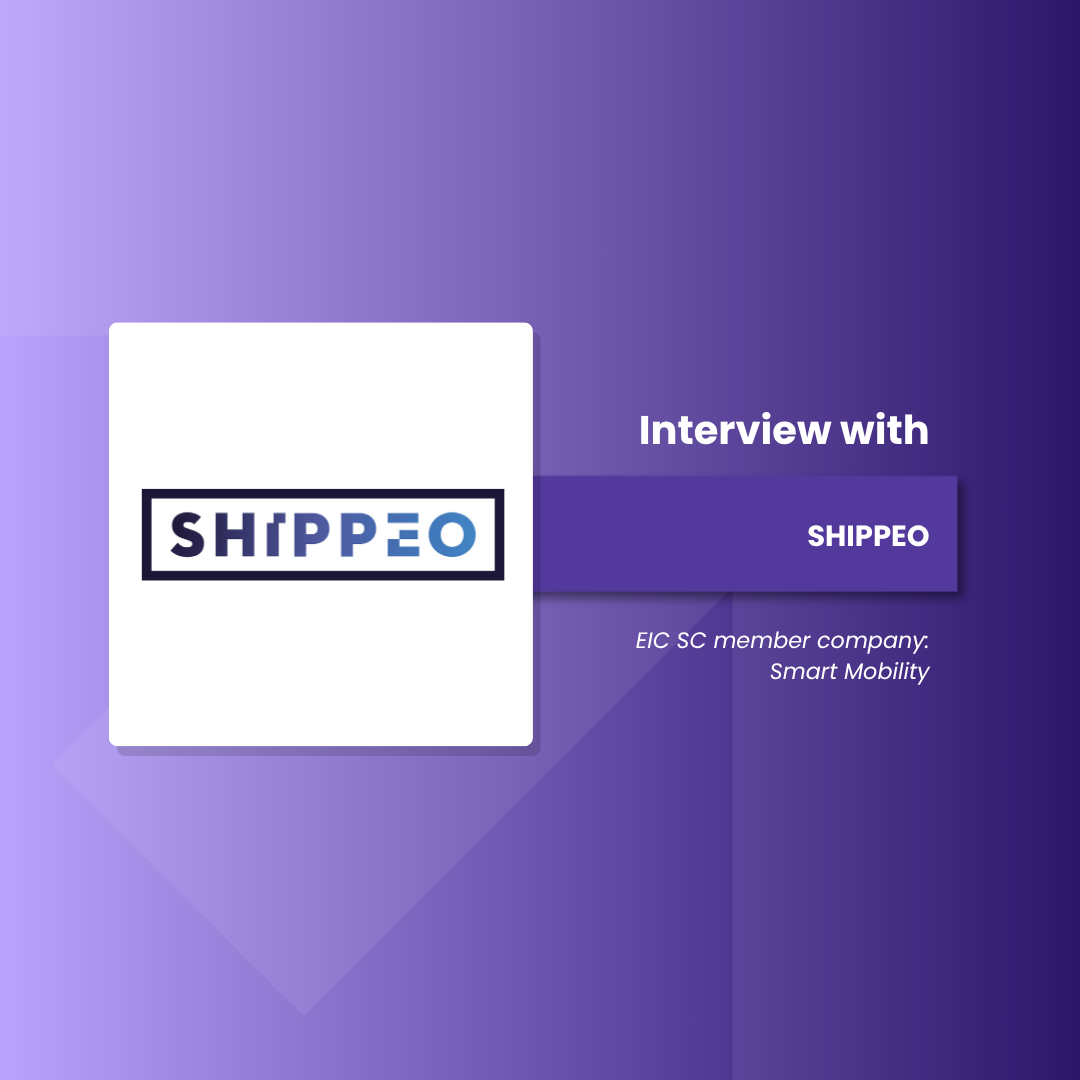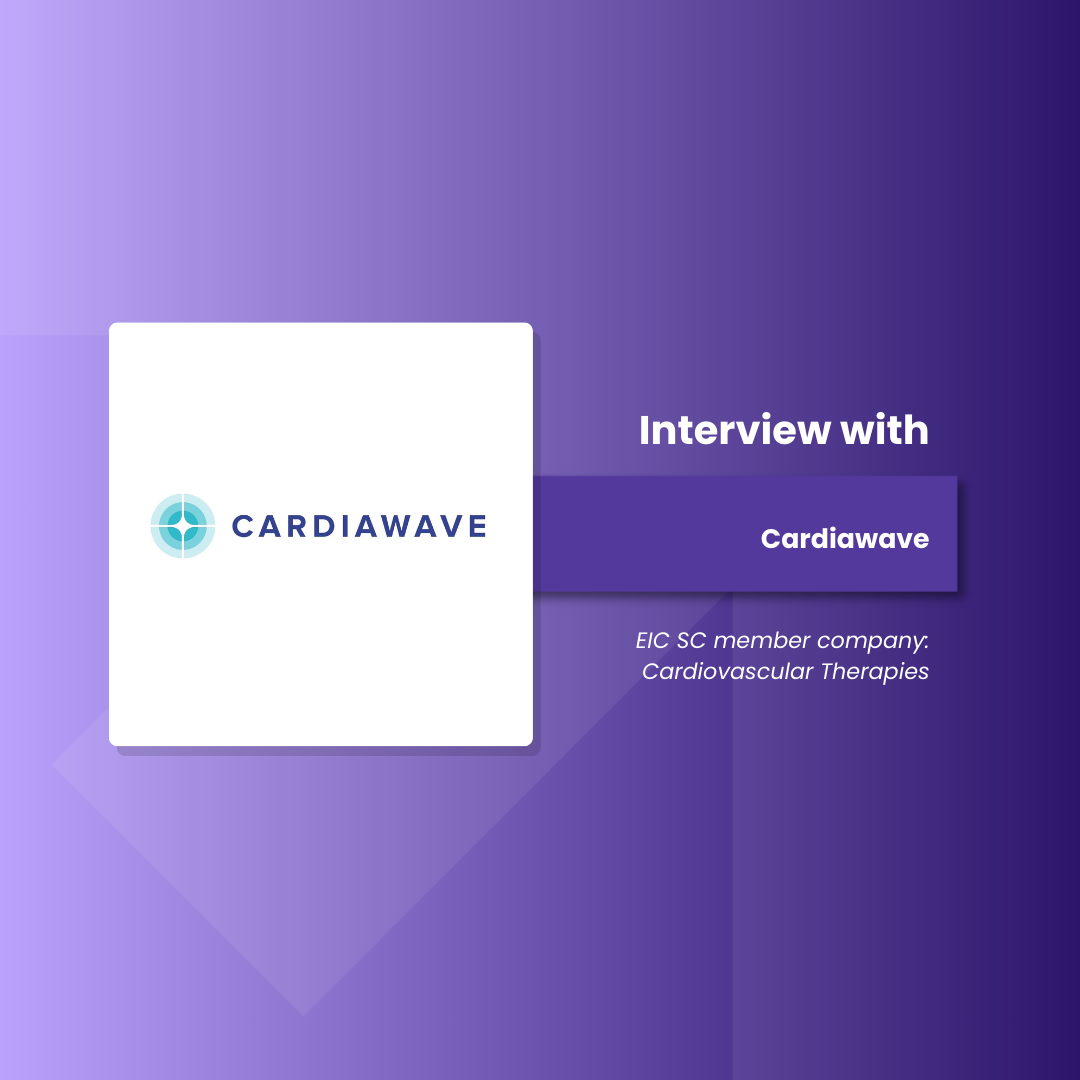15 Jan 2026
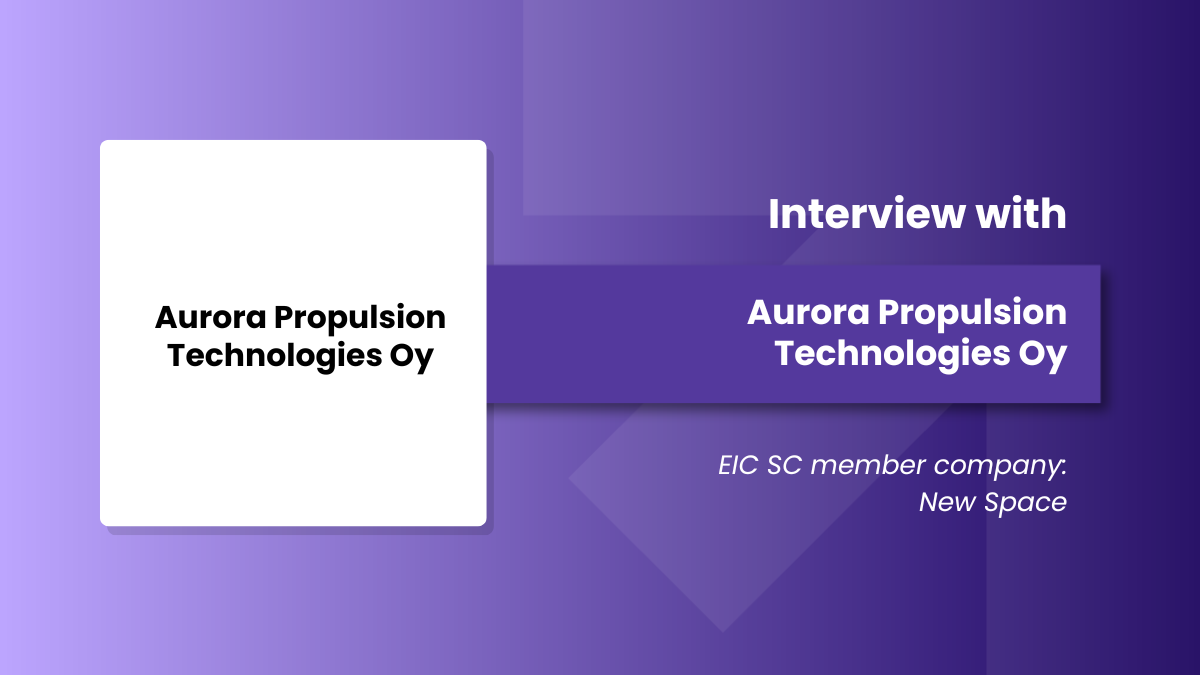
Aurora Propulsion Technologies is a Finnish company that develops thrusters and de-orbiting modules for small satellites. However, the company essentially “moves satellites up there, in space,” as the company’s co-founder and Chairman, Roope Takala, puts it. Aurora is also a member of the EIC Scaling Club’s New Space Group.
According to the scale-up’s website, Aurora’s mission is aimed at pioneering deep space exploration, in-space navigation, and establishing a self-sustaining ecosystem for space docking, mining, and transportation. Sounds quite impressive, doesn’t it?
Read on to learn more about Aurora and its journey, both past and upcoming.
It’s actually rocket science
Aurora Propulsion Technologies was founded in 2018. The following year, in 2019, the scale-up joined the European Space Agency Business Incubator Centre Finland programme, and in 2023, it was accepted into the EIC Accelerator programme.
“We usually say it's just rocket science. It's not that difficult. So when you bring it down to the basics, it's engineering work, just like any other company on the ground,” says Roope.
Aurora’s progress has been steady. Roope tells us that the company's growth has been fueled mainly by a booming market and influx of new companies, resulting in an increasing number of potential clients: “We’ve had a massive growth in the market, and we’re a tier one supplier of all spacecraft manufacturers.”
Another factor that’s been driving Aurora’s growth is the decreasing size of satellites. Roope explains that over the past decade, the average satellite mass has shrunk by approximately 100 kilograms annually, with last year's average at 113 kilograms. This trend means traditional, larger hardware no longer fits, creating a demand for new, smaller-scale products.
“All the hardware engines that were designed 10 years ago, they just don't fit anymore. It opens up the market for a completely new category of products.”
The last, but not least, factor that has played a crucial role in the scale-up’s journey is regulation: “We as humankind are sending up spacecraft into orbit at an unprecedented speed. In 2016, only 78 satellites were sent into space. In 2025, we are talking about 10,000 satellites,” the co-founder draws us an industry picture.
Roope adds that this unprecedented growth necessitates space traffic management, similar to air traffic control. Without propulsion systems, managing this traffic becomes incredibly difficult. Aurora’s products provide the crucial "brake" that deorbits spacecraft, a process that is increasingly becoming a regulatory requirement.
A leap into space
The story of Aurora Propulsion Technologies began with a pivotal moment for Roope. While working at his previous employer and overseeing the space business, he proposed a satellite constellation. The idea was initially met with enthusiasm, however, it threatened to compete with the company's major clients. Roope’s passion for satellites tipped the scales, and he decided to launch his own venture.
Roope teamed up with a talented young colleague, Perttu Yli-Opas, the co-founder and CTO. They ultimately developed innovative rocket engines that use water as a propellant, a safer alternative that eliminates the risk of explosions.
A bit later, the duo brought Pekka Janhunen to the founding team: “He had a patent on the orbiting spacecraft and interplanetary travel engines. And he came in with these ideas about the propellant-less propulsion systems, which we also now make. Evidently, we use them for braking, but they can also be used later on for interplanetary travel,” Roope briefs us on the founding story of the company.
The team currently consists of 22 people. Roope shares that Aurora had to reduce the number of employees due to the current market funding crunch. "Of course, one of the limits of growth is securing funding before you start recruiting," Roope emphasizes. "It's not very nice to hire someone if you can't guarantee their salary. So, our current focus is entirely on fundraising. Once that round is complete, we'll likely double our personnel, aiming for somewhere around 40-50."
Roope adds that, despite the scarcity of rocket scientists, many reach out to the company themselves, helping Aurora with the recruitment process: “For business-side roles, such as sales and management, we still compete with other fast-growing companies across Europe.”
Navigating growth
While company growth is something every startup strives for, it also comes with its own set of challenges. “One of our most significant challenges came when we doubled our team from five to ten people," Roope recalls. "It meant individuals had to specialize in roles rather than handling everything simultaneously. That was certainly quite a learning experience.”
The other significant challenge Aurora is currently navigating involves transitioning from core engineering to intensive customer engagement. Having completed their baseline engineering work last year, the company is now dedicating roughly 80% of its efforts to customer projects, tailoring existing technology to specific client needs.
Roope explains that bridging the gap between their deep technical understanding and customer requirements is a complex task. To address this, Aurora is bringing in personnel with customer interface experience, integrating them with the existing team.
As you may probably guess, for a space industry company, flying something in orbit is one of the key milestones, and Aurora is no exception. Roope elaborates:
“It's nerve-wracking. You're looking at your precious piece of hardware, which is being launched for the first time, being put on a rocket, effectively a 100-meter tube filled with explosives. Getting our first satellite out there was one of the biggest milestones.”
Beyond the thrilling technical achievements, Aurora's significant milestones have also centered on establishing crucial business relationships. Roope explains that while not as nerve-wracking as their initial launch, securing their first customers and forging partnerships with external companies were vital steps. And the successful launch itself became a powerful tool for attracting clients: “We knew how to get to space, all the bits and pieces of getting into orbit. It gives you the desired reputation.” The scale-up’s focus then shifted heavily towards networking.
“We joined the EIC Accelerator and then the EIC Scaling Club, which are networks that help find potential customers in the market. This is, of course, a significant milestone for us as well. And the next milestone is going to be securing a funding round.”
The power of collaboration in space tech
Aurora Propulsion Technologies was among the 72 companies that joined the EIC Scaling Club in October 2024. Roope recalls that for the company, it felt like a dive into uncertainty: “I tend to jump into the deep end without thinking. That's why I'm in space tech, taking huge risks. The EIC Scaling Club, however, was not a risk so much as an opportunity to meet new people.”
Aurora first met the Club community at the Scale 100 Forum in Athens, Greece. And the scale-up remembers this experience with warmth and fond memories: “We met 12 other best of the best European space companies on the same stage.”
Roope notes that the company has attended many mentorship events, focusing on the fundraising aspect: “I would expect this is due to the fact that the funding environment in the space tech is not very good. Currently, we have several small funds that can offer around half a million, but companies in the Scaling Club typically seek a minimum of €20 million, sometimes up to €100 million. You simply can't assemble that from ten VCs who are only writing €500,000 or €1 million tickets. I think this presents an existential problem for Europe.” Roope jokingly adds that Aurora, fortunately, is only looking for €20 million.
The aspect of togetherness is evident in the experiences scale-ups have in the EIC Scaling Club. Whether it’s sharing the pains of entrepreneurship or seeking solutions to shared fundraising challenges: “Because we’re a supplier of components to other companies’ spacecraft, meeting other space companies has been very useful. We might be talking to their customer before them, or they might be our customers in the future. Having these personal relationships is essential.”
Building a satellite involves assembling various components. Every piece of equipment influences the other components. Roope explains it with an example:
“Our engines, for instance, are compact in size, which significantly influences the entire satellite's design. We can offer clients more usable space within their spacecraft because our equipment is considerably smaller than anything else on the market. This often prompts them to consider shrinking the entire spacecraft, potentially reducing costs or even enabling them to build two satellites for the price of one.”
Roope emphasizes that focusing on smart innovation rather than “simply packing more into a box” offers a distinct advantage for Europe. The only way to achieve real growth in the European space sector, Roope points out, is through collaborative efforts – openly communicating what's available, actively listening to other companies' needs, and jointly inventing solutions for the equipment that doesn't yet exist.
“The Scaling Club is a core instrument in bringing the best European companies together. Even in rocket science, the most important thing is cooperation. That can truly put Europe on the map of the universe.”
About the EIC Scaling Club
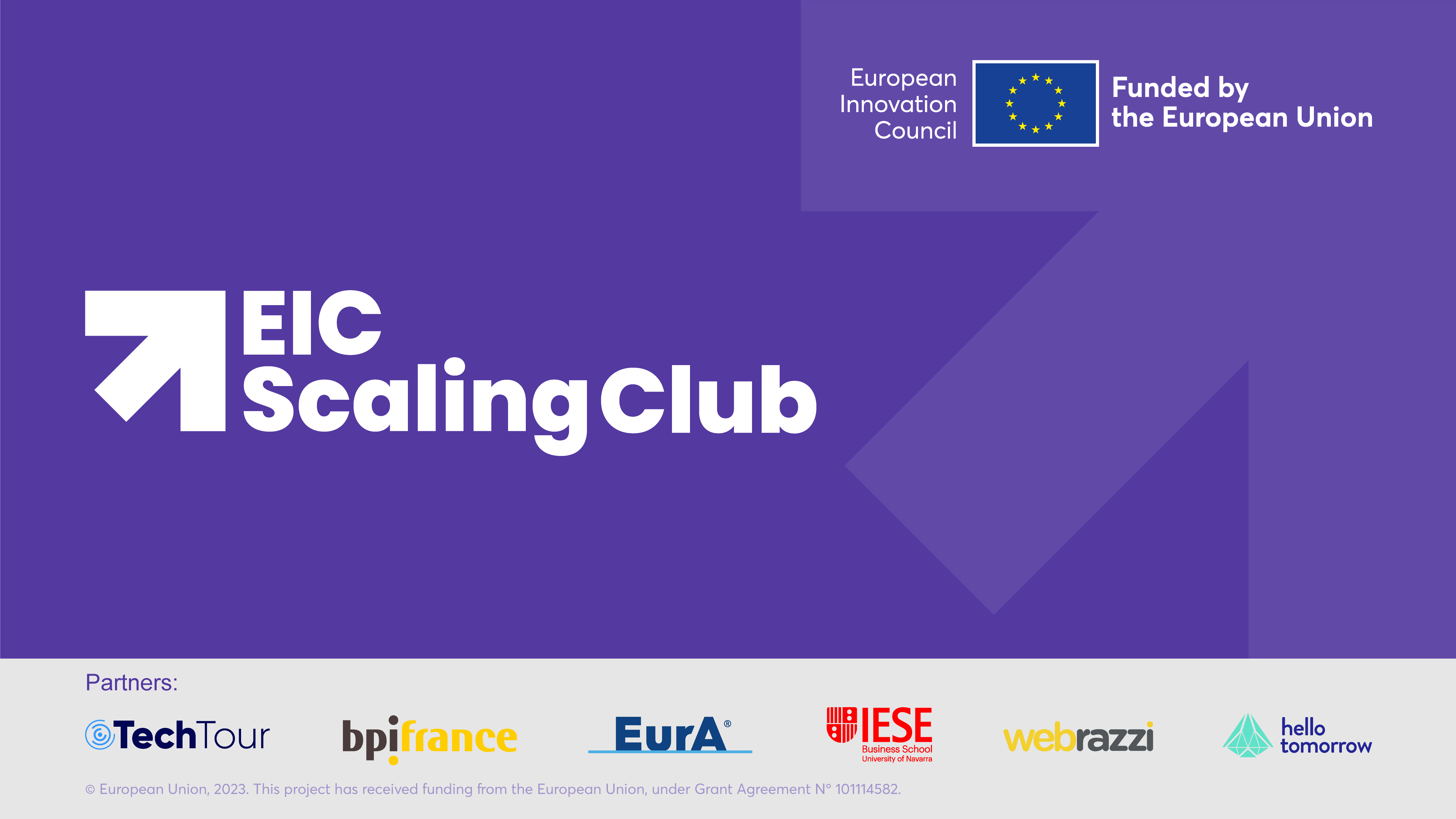
The EIC Scaling Club is a curated community where 120+ European deep tech scale-ups with the potential to build world-class businesses and solve major global challenges come together with investors, corporate innovators and other industry stakeholders to spur growth.
The top 120+ European deep tech companies will be carefully selected from a pool of high-growth scale-ups that have benefitted from EIC financial schemes, other European and national innovation programmes, and beyond.
The EIC Scaling Club is an EIC-funded initiative run in partnership by Tech Tour, Bpifrance (EuroQuity), Hello Tomorrow, Tech.eu (Webrazzi), EurA and IESE Business School.
Subscribe to our newsletter here to stay up-to-date!
Related Articles
Recent Articles
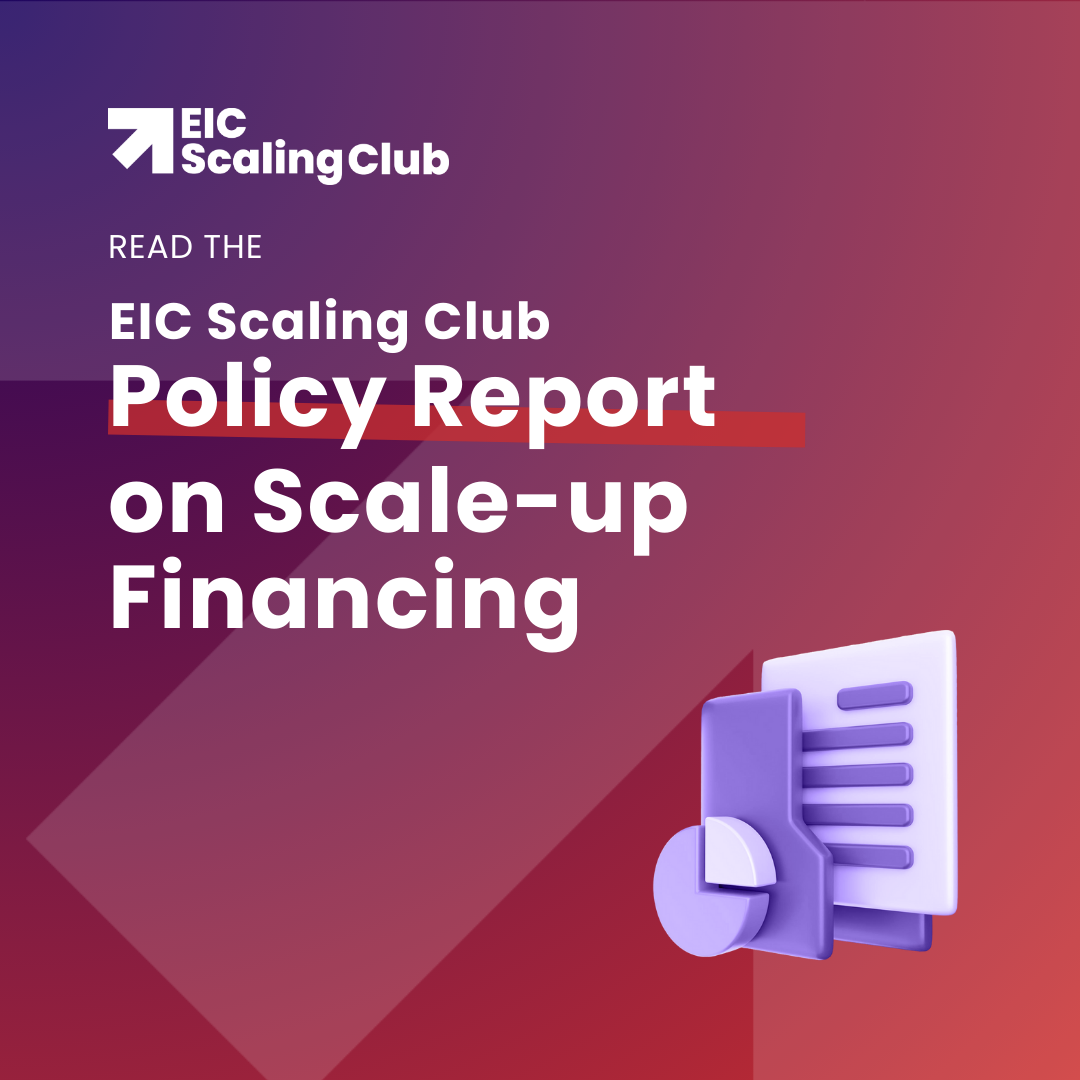
Our new Policy Report reveals a mismatch between the EU’s long-term regulatory vision and scaleups' immediate capital needs
23 Jan 2026

AI in health tech: EIC Scaling Club companies advancing diagnosis, care and treatment
13 Jan 2026
.png)
cylib secures €63.4 million to scale LFP battery recycling in Europe
7 Jan 2026
